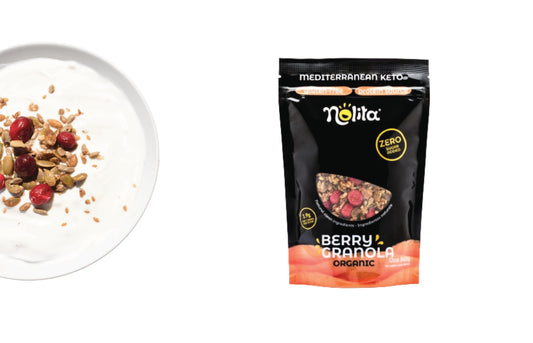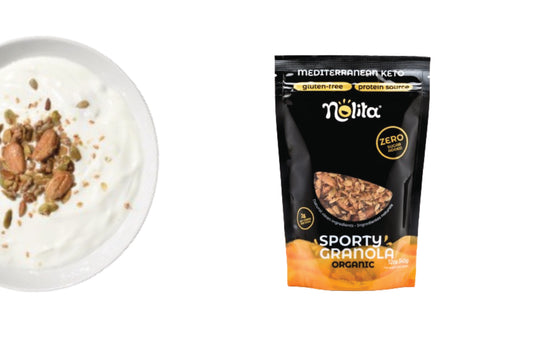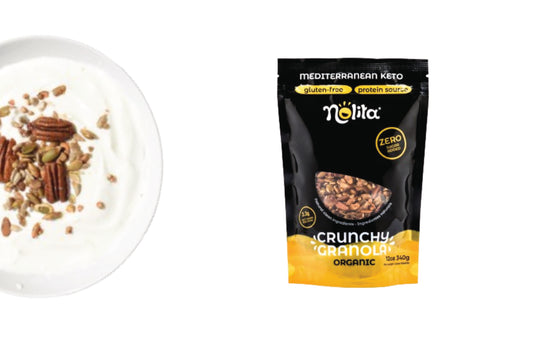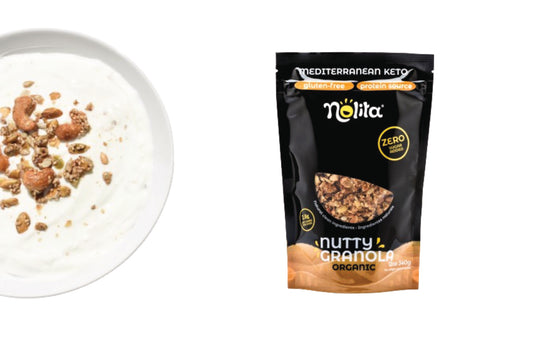The substitution of olive oil for coconut oil holds growth in the diet of many families. Many believe that the second mentioned is healthier than the first, especially concerning to cardiovascular benefits. But is this a reality or just another myth in the food world? Let's find out!
Coconut oil consists largely of saturated fat making it solid at room temperature. Olive oil, on the other hand, liquid at room temperature, has mostly unsaturated fat in its constitution.
What is the difference between saturated and unsaturated fat?
Structurally, the difference lies in the number of double bonds in the fatty acid chain. Saturated fatty acids have no double bonds between the carbon atoms, while unsaturated fatty acids have at least one double bond.
Saturated fats are found mainly in animal-based products, such as meats and dairy, or in tropical plant oils, such as palm or coconut. Studies indicate that this type of fat is associated with an increased risk of cardiovascular disease due to its ability to raise harmful LDL cholesterol levels (which can build up in the blood vessels, clogging them). However, these studies have been challenged by many scientists, who consider LDL to be harmless. It is known, in fact, that the consumption of this fat is beneficial in cases of increased muscle mass, hormonal stimulation, and the formation of enzymes and cells. Centenarian populations generally have quite high LDL levels, which could indicate that cholesterol may play a protective role in individuals of advanced age.
Unsaturated fats, on the other hand, can be found in some fish, in the case of animal fats, or avocados, nuts, olives and olive oil in the case of vegetable fats. These lipids are considered beneficial if consumed moderately because they contain substances that protect the heart.
So coconut oil is bad for your health?
Not exactly. This food product is quite interesting on a nutritional level. Rich in vitamins B, E, and K and minerals such as iron, potassium, magnesium, and zinc, it is a saturated fatty acid, but medium-chain, which, according to studies, is more beneficial to health than its fellows.
After all, this type of fat has interesting properties in weight management and reduction of the abdominal perimeter. Among the main benefits that are pointed out to it, the promotion of weight loss by increasing the basal metabolism, reducing appetite, moisturising the skin, and strengthening the immune system are undoubtedly its most active advocates.
What about Olive Oil?
The benefits are well known, as it is one of the most used foods in the Mediterranean diet, considered by experts to be one of the healthiest in the world. Also it is a source of antioxidants and vitamins A, D, E, and K, which help reduce LDL cholesterol and triglycerides, also reducing abdominal fat and strengthening the immune system.
Which one is best?
When it comes to cooking, studies indicate that both options are stable because they do not degrade with high temperatures and are therefore ideal for grilling and sauteing. If you use olive oil, use an extra virgin one, because it has a lot more properties.
Comparing the two products at the food level, it's difficul to say which one is a better option. Both are really interesting and should be part of a healthy diet.
As for hair and skin health, coconut oil is the most desirable, because it is an excellent natural moisturiser and it also has antimicrobial properties, largely due to its lauric acid content (it can fight bacteria, fungi and viruses).
Photo by: @msbirgith
Bibliography





